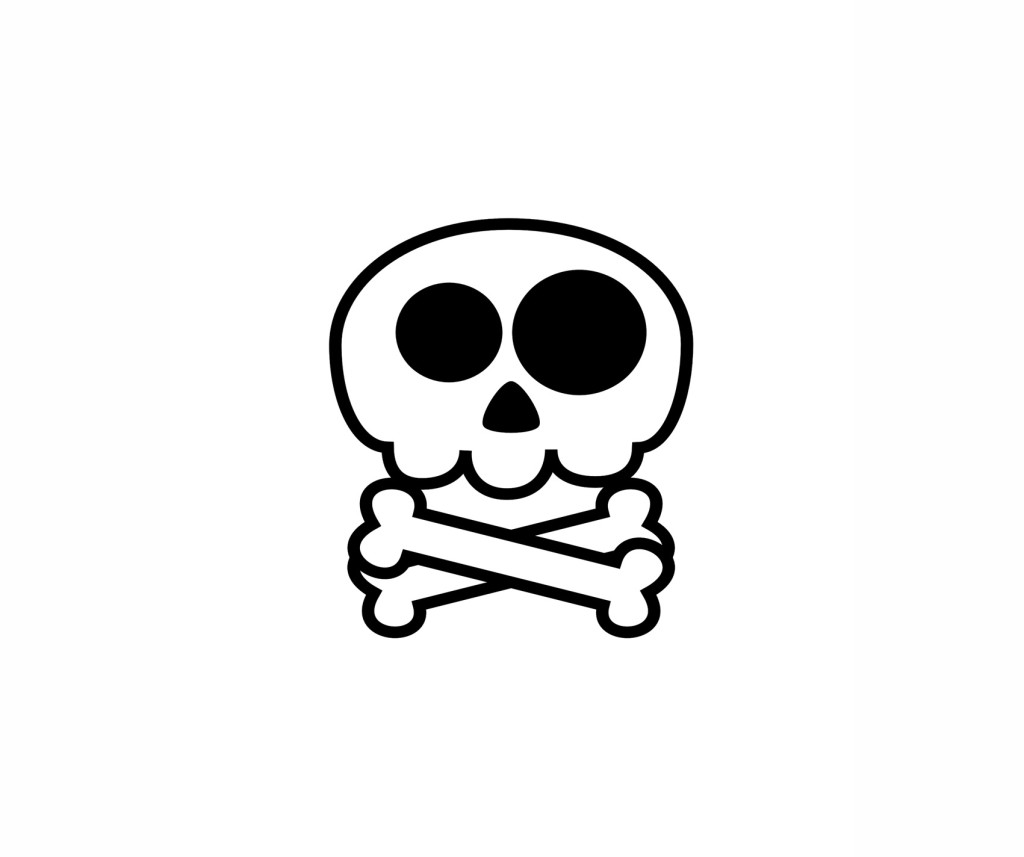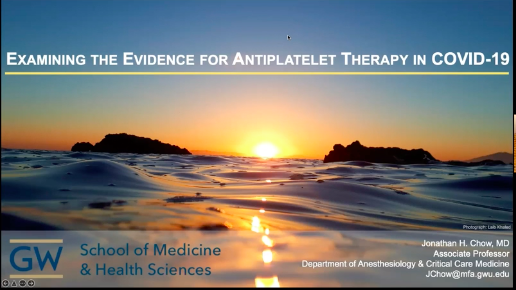[x_text]Today we are pleased to have Dr. Paul McCarthy, Assistant Professor of Medicine at the University of Maryland and a staple in the Shock Trauma ECLS program. Today Dr. McCarthy will be speaking on the cost of healthcare and how physicians are contributing to the problem. This is as succinct a summary of the recent Choosing Wisely® campaign as you will find. Over the next 40 minutes he will outline some major steps that will right the ship of modern medicine and perhaps stop American ICUs from hemorrhaging money!![/x_text]
[x_text]
[/x_text][x_text]
[/x_text][x_text]
Podcast: Play in new window | Download
Subscribe: Apple Podcasts | RSS
[/x_text][x_text class=”left-text “]
Clinical Pearls
(Summary assisted by Dr. Sofian Al-Khatib)
Routine or Daily Labs
- Phlebotomy → anemia + ↑ unneeded transfusions
- Pre-test Probability are usually low, with most values requiring an additional blood draw to “confirm”
- Adds to healthcare costs (~ 11% of ICU costs) and does not improve outcomes
- Eliminating “routine” labs can save approx. 20 cbc’s and chemistry/week and $$$$
Routine or Daily Chest X-ray’s
- Rarely Problems are found
- 2% of findings are clinically relevant and these often do not change management
- Harm is possible
- Loss of line/ETT, radiation, increased risk to infection, agitation
- Use non-invasive methods such as ultrasound:
- Eval: Effusions, Pneumothorax, Parenchymal disease, ET tube placement and Diaphragm movement
RBC Transfusions
- TRICC study
- No difference in 30 day mortality for restrictive (7) vs liberal (10) hemoglobin levels.
- DO NOT transfuse hemodynamically stable, nonbleeding patients with a hgb > 7g/dL
- Adverse outcomes of Transfusions:
- Volume overload, infection risk, TRIM, TACO, TRALI, cost
- Recommendation by American Association of Blood Banks:
- DO NOT transfuse hgb >10g/dL
Parenteral Nutrition
- DO NOT administer parenteral nutrition in adequately nourished critical ill patients until 7 days into stay
- Adverse outcomes:
- Requires central line access, lab monitoring, errors in Rx, overfeeding, hyperglycemia, infection risk, volume overload, cost
- Nutrition studies showed no benefit of early PN [source][meta-analysis]
Avoid Deep Sedation in Mechanical Vented Patient
- Prolonged Mechanical Ventilation:
- ↑ neuro-testing, ↑ LOS, ↑ delerium, ↑ infections, ↑ tracheostomies
- Nearly all ventilated patients receive more sedation at night (source)
- Daily sedation holidays decrease duration of mechanical ventilation and ICU length of stays (source)
- Sedation holidays + SBT = better outcomes
End of Life Care and Comfort Measures
- Life support measures include but not limited too:
- Hydration, tube feeding, parenteral nutrition, CPR, defibrillation, dialysis, mechanical ventilation, pacemakers, vasopressors, and cardiac assist devices.
- Majority of patients do want prolonged dependence on life support
- Of all seriously ill patients that receive aggressive care in ICU → 1 in 5 die
- Goals:
- End-of-life discussions, realistic expectations + prognosis, palliative care consults early!
[/x_text]
[x_text]
Suggested Readings
- Halpern SD, Becker D, Curtis JR, Fowler R, Hyzy R, Kaplan LJ, Rawat N, Sessler CN, Wunsch H, Kahn JM; Choosing Wisely Taskforce; American Thoracic Society; American Association of Critical-Care Nurses; Society of Critical Care Medicine. HAn official American Thoracic Society/American Association of Critical-Care Nurses/American College of Chest Physicians/Society of Critical Care Medicine policy statement: the Choosing Wisely® Top 5 list in Critical Care Medicine. Am J Respir Crit Care Med. 2014 Oct 1;190(7):818-26. [PubMed]
- Napolitano LM, Kurek S, Luchette FA, Corwin HL, Barie PS, Tisherman SA, Hebert PC, Anderson GL, Bard MR, Bromberg W, Chiu WC, Cipolle MD, Clancy KD, Diebel L, Hoff WS, Hughes KM, Munshi I, Nayduch D, Sandhu R, Yelon JA; American College of Critical Care Medicine of the Society of Critical Care Medicine; Eastern Association for the Surgery of Trauma Practice Management Workgroup. Clinical practice guideline: red blood cell transfusion in adult trauma and critical care. Crit Care Med. 2009 Dec;37(12):3124-57. [PubMed]
- Barr J, Fraser GL, Puntillo K, Ely EW, Gélinas C, Dasta JF, Davidson JE, Devlin JW, Kress JP, Joffe AM, Coursin DB, Herr DL, Tung A, Robinson BR, Fontaine DK, Ramsay MA, Riker RR, Sessler CN, Pun B, Skrobik Y, Jaeschke R; American College of Critical Care Medicine. TClinical practice guidelines for the management of pain, agitation, and delirium in adult patients in the intensive care unit. Crit Care Med. 2013 Jan;41(1):263-306. [PubMed]
[/x_text]



